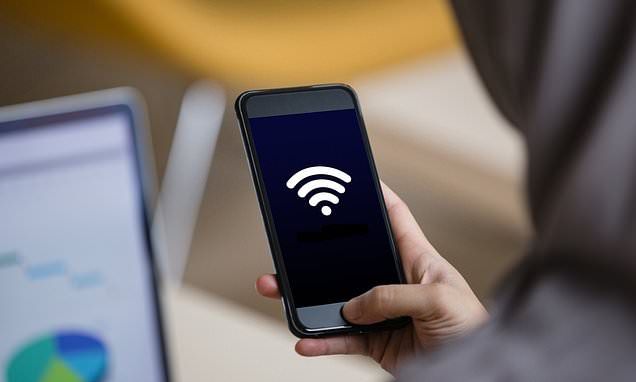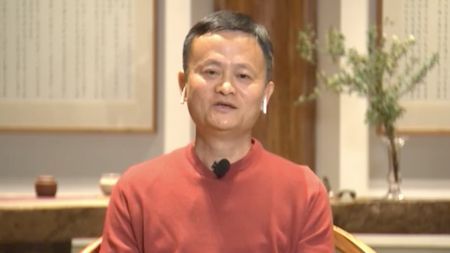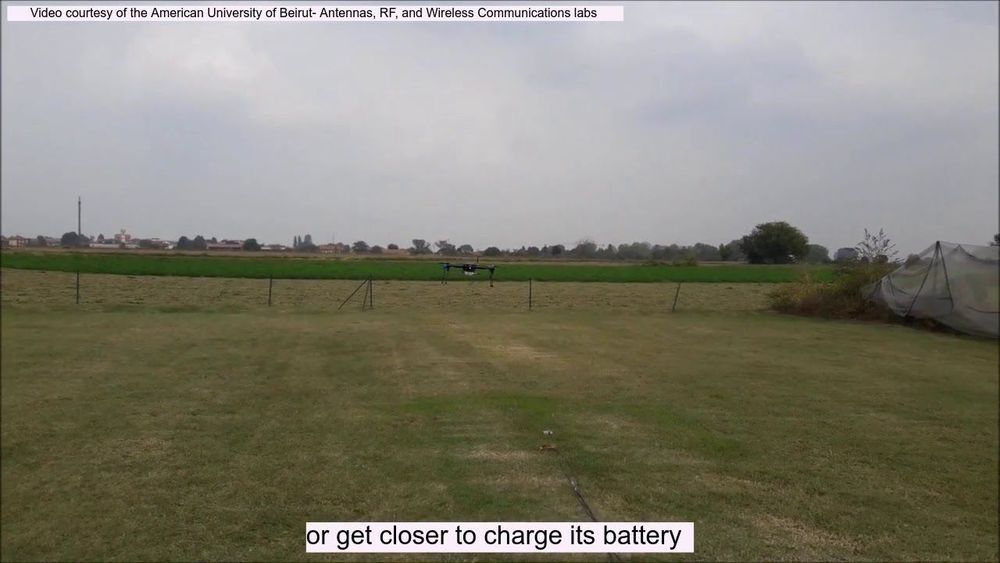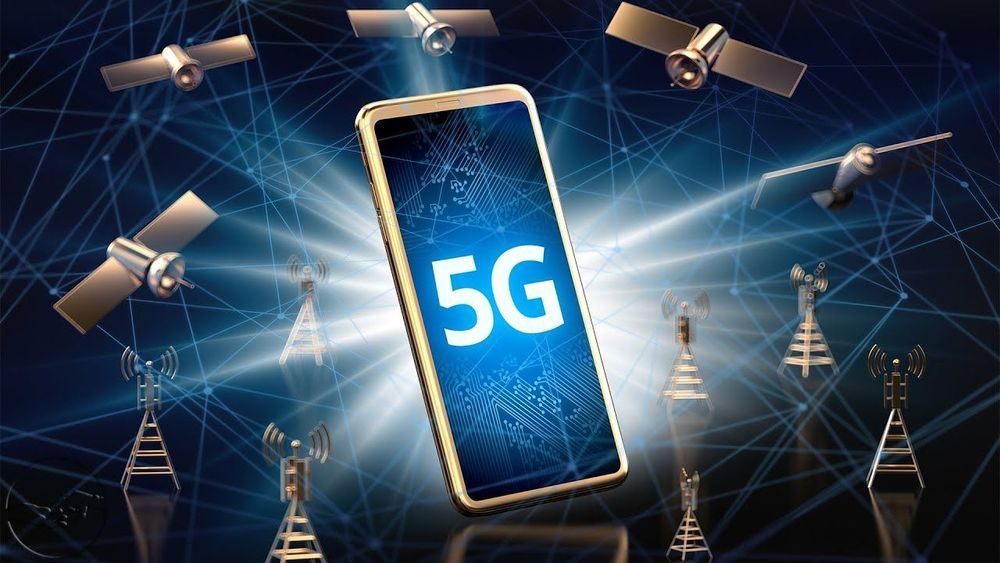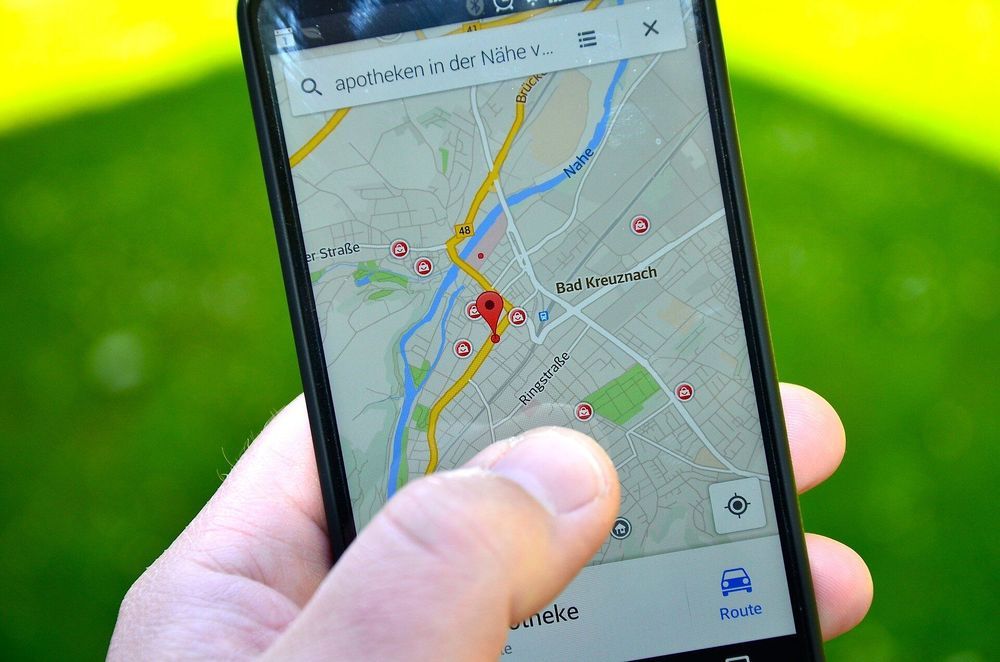
Your phone’s GPS, the Wi-Fi in your house and communications on aircraft are all powered by radio-frequency, or RF, waves, which carry information from a transmitter at one point to a sensor at another. The sensors interpret this information in different ways. For example, a GPS sensor uses the angle at which it receives an RF wave to determine its own relative location. The more precisely it can measure the angle, the more accurately it can determine location.
In a new paper published in Physical Review Letters, University of Arizona engineering and optical sciences researchers, in collaboration with engineers from General Dynamics Mission Systems, demonstrate how a combination of two techniques—radio frequency photonics sensing and quantum metrology—can give sensor networks a previously unheard-of level of precision. The work involves transferring information from electrons to photons, then using quantum entanglement to increase the photons’ sensing capabilities.
“This quantum sensing paradigm could create opportunities to improve GPS systems, astronomy laboratories and biomedical imaging capabilities,” said Zheshen Zhang, assistant professor of materials science and engineering and optical sciences, and principal investigator of the university’s Quantum Information and Materials Group. “It could be used to improve the performance of any application that requires a network of sensors.”

